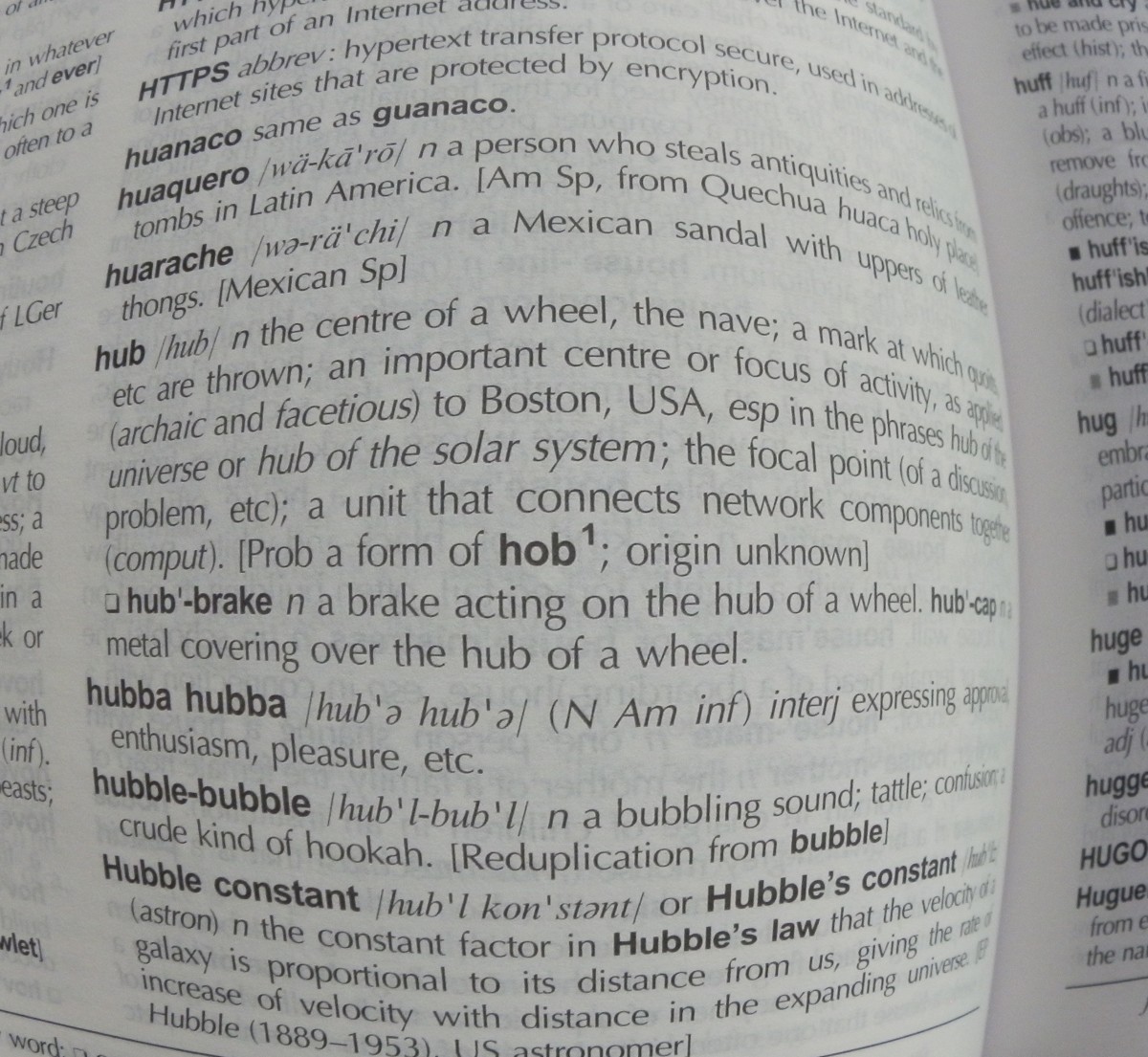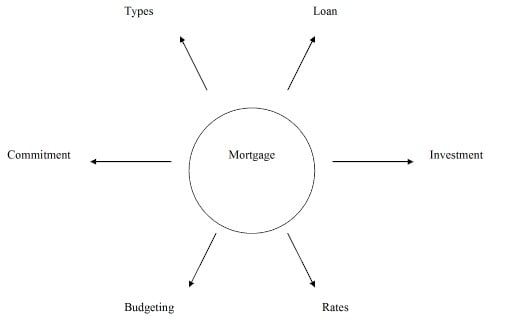Timeless Techniques for Finding Writing Material

Need inspiration for something to write about? If you don’t right now, there’s no doubt that you will eventually.
Writers often find themselves at a loose end, either when they’ve finished a major project or when they’ve exhausted a list of topics. Sometimes one article or blog post will lead straight onto another, and sometimes it won’t. There will inevitably be times when you’ll feel like there’s nothing going on inside your head, when the well of inspiration seems to have dried up and you can’t think of a single thing to write about. But it doesn’t have to stay that way for long.
Here are six techniques you can use over and over again – forever – whenever you feel the Muse has deserted you. Rather than just sitting around twiddling your thumbs, waiting for her to show her face, use these techniques to stimulate those little grey cells and get you writing again.

Find Material by Flipping Through a Dictionary
This is a fascinating exercise that will give you lots of food for thought while increasing your vocabulary at the same time. The concept is simple: flip through your dictionary and either:
- look up a word you want to know more about, or;
- pick a word at random
I combined both of these techniques when I was researching my book Beat Writer's Block. I opened the dictionary and my eyes rested on the word onion. Naturally I know what onions are, and I know that there are at least two colors, i.e. red and golden. But where does the word come from? What else can I learn from a book that's sitting there on my desk?
I read with interest as the following information revealed itself to me:
On-ion: (un’yen) n. 1 A field-grown edible bulb of an herb (Allium cepa) of the lily family; a succulent vegetable remarkable for its pungent odor and taste. 2 One of various allied plants.
According to the dictionary entry, the word onion originates from the Old French, oignon. It concludes by pointing out that the word onion is a doublet of 'union' -- in other words, two unions make an onion.
Combined with what I already know about onions, there’s a lot of additional material I can use here to make an enjoyable and fact-filled article. It makes sense that the word has French roots, as we’re so used to seeing French people portrayed (rightly or wrongly) with strings of onions and/or garlic (a close cousin or ‘allied plant’) round their necks. But I never realized onions were members of the lily family.
Now I’m curious. I look up garlic and discover it to be ‘a hardy bulbous perennial (Allium sativum) of the same genus as the onion’. Notice how both the onion and garlic have that same Latin root, Allium. Both are ‘edible bulbs’, both are pungent and both are vegetables. And I found all of this information in a dictionary, without having to go online or phone a friend.
I’ve already got one potentially cracking headline for my article: ‘Allium you can eat.’ And after just 5 minutes of painless research in a book I already own, I've got enough source material to keep the Muse on fire for a good long while to come.


Use Opposites to Provide New Material
Sometimes you’ve got an idea, but you just can’t do anything with it. On those occasions, why not write about the opposite of whatever comes to mind?
Opposites can provide tons of ideas for stories, articles and blog posts. For instance, take a look at this list of potential titles:
- How to Grow Your Own Vegetables
- Easy Ways to Save Money
- Keeping Your Car On The Road
- Doing Your Own Tax Returns
- Finding Suitable Images Online
If you look hard enough, you can see that each one of these titles has a clear and obvious opposite point of view. If writing about saving money is too painful, why not consider an article on the best places to shop? If the thought of doing your own tax returns leaves your head spinning, why not write about the advantages of hiring an accountant?
Not interested in growing your own vegetables? No problem. Write about why you shouldn't bother. Or, if you're struggling to find suitable images for your hubs, write about how easy it is to take your own photos instead (as I did with the dictionary photo above).
Simply take the initial idea you had – the one that’s not getting you anywhere – and think about the reverse situation. See if that produces better results. It’s not rocket science, but it really works.

Mine Your Magazines for Writing Ideas
Next time you flick through your favorite magazine or newspaper, take note of the following idea generators:
- Pictures
- Feature articles
- Advertisements
- Letters to the editor
- Headlines
A picture’s worth a thousand words, and sometimes all you need to spark your writing brain is the sight of something beautiful, something tragic or something unusual. Cut out pictures that fascinate you for one reason or another and save them in a place where you can access them when you run out of ideas.
Do the same with feature articles on subjects you normally write about, or use main headlines to suggest topics you might like to try your hand at. Check out the advertisements for further suggestions – anti-aging creams, losing weight, diets, recipes – and read editors’ letters to find out what readers are interested in.
Where Writing Ideas Come From

Save Thoughts and Notes in a Diary or Journal
Write down your thoughts, ideas and experiences throughout the day. It’s not necessary to write pages and pages; just get down the main points of anything that comes to mind, or snippets of conversation you hear.
You can then use this material to form the basis of articles, stories, blog posts or whatever else you write on a regular basis. Diaries or journals can prove extremely useful when you find yourself out of writing fuel; simply rummage through the notes you’ve made until something takes your fancy. Then use that to create some bullet points or an outline to help you get started.

Write a Review or Craft a Complaint
Write about your favorite book, newspaper, car, magazine, television show, gadget, website or adventure. Write a letter highlighting a bad experience at a restaurant or an occasion when you were treated poorly as a consumer. Praise an institution or company that’s doing amazing work, or complain about one that’s not quite reaching its targets.
Reviews are great ways to unblock your mind and awaken the Muse. Choose something you’re excited and passionate about, such as:
- Your favorite book
- A must-have kitchen utensil
- An amazing holiday destination
Make brief notes about what you like, why you’d recommend them and what makes them stand out from the rest. Then use these points to flesh out your review to give the reader a rounded and complete picture.
Brainstorm Ideas or Mind Map Material
Sometimes all you need to do to get started is pick up a pen and begin writing. Brainstorming is one way to do this.
Simply grab a sheet of paper and make a list of some of the things you might consider writing about. It can be anything from a DIY project to how to apply for a job to the best time of day to take photographs. Just list topics that might be of interest to you and then arrange them in the order you think you’d like to tackle them.
Another amazing tool for generating writing ideas is the mind map. Mind maps offer writers the potential to turn one idea into many, giving them the possibility of writing tons of articles around the same theme.
For example, suppose you wanted to write about mortgages. Put the word “mortgage” in the center of a blank sheet of paper and then write down any related words that come to mind. In the graphic below you can see that I’ve written the following related words:
- Loan
- Types
- Investment
- Commitment
- Rates
- Budgeting

That’s plenty to write about already, but it’s only scratching the surface. Now we can take any one of these related words and create a brand new mind map. For instance, the word budgeting could throw up topics such as:
- Sticking to a Budget
- Spreading the Cost of Payments
- Devising a Monthly Budget Plan
- The Pros and Cons of Direct Debit
- Luxuries versus Necessities
Or we could use the keywords from our initial mind map to stimulate ideas for further articles, such as:
- How to Follow a Budget
- Long versus Short Term Investments
- Getting the Best Deal on your Mortgage
- Paying your Mortgage off Early
- The Pros and Cons of Mortgage Types
Every “related” word or phrase you write down can become the subject of its own mind map, giving you the potential for dozens and dozens of writing topics.
And if you’re really ambitious, why not combine some of these idea-generating techniques? Go through your diary, get out some pictures, find related themes and start brainstorming for writing material. Make a mind map or simply list topics that spring to mind… and get writing!









